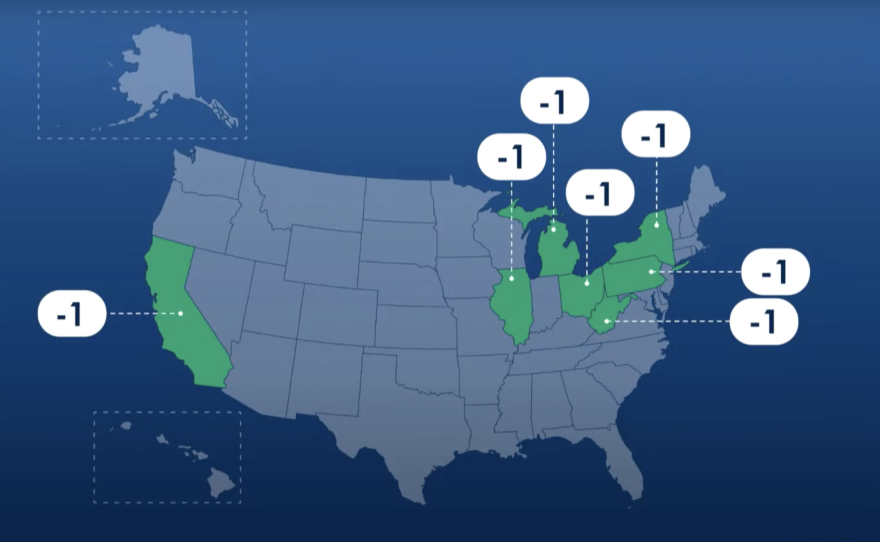The first set of results from the 2020 Census revealed New York will lose a congressional seat, but more detailed, local data is still to come. The Central New York Community Foundation helped to fund many efforts in the region to get as many people counted as possible.
CNYCF’s Frank Ridzi said the loss of one seat is better than expected.
“You know New York State did lose a seat, right? But it’s, overall it’s a victory for us. Because we could have lost more,” said Ridzi. “As a state we had net out migration, but we also grew in population. So, that was good that we were able to account that. And so the story could have been a lot worse than it was.”
Ridzi credits the work of community groups across the state who made efforts to get typically hard-to-reach groups counted. The 2020 count faced many barriers. Ridzi said a combination of factors l made it more difficult to conduct an accurate count.
“We had the pandemic. We had the [Trump] administration ending the county early. We had raising of the question about immigration, which may have intimidated people from participating,” said Ridzi. “So it was a really hard year to reach out to those who are typically undercounted. But that’s exactly what we did.”
Ridzi said they are bracing for potential loss of funding, but believes there is hope for the next round of data in this first report. That next round will provide information on individual census tracts, and that guides organizations like the Central New York Community Foundation in their efforts, services and advocacy.
“So the census gives us a lead. For instance, with our lead work. We knew that there were lead problems, but we didn’t know exactly where. So working with the county health department we were able to really target more granular neighborhoods. Lead poisoning doubled when you go from the county to the city. And then doubled again when you look at specific census tract neighborhoods.”
The U.S. Census bureau is expected to release demographic data sometime in August. Those numbers will help determine how $1.5 trillion in federal funds gets distributed to local communities across the country.



